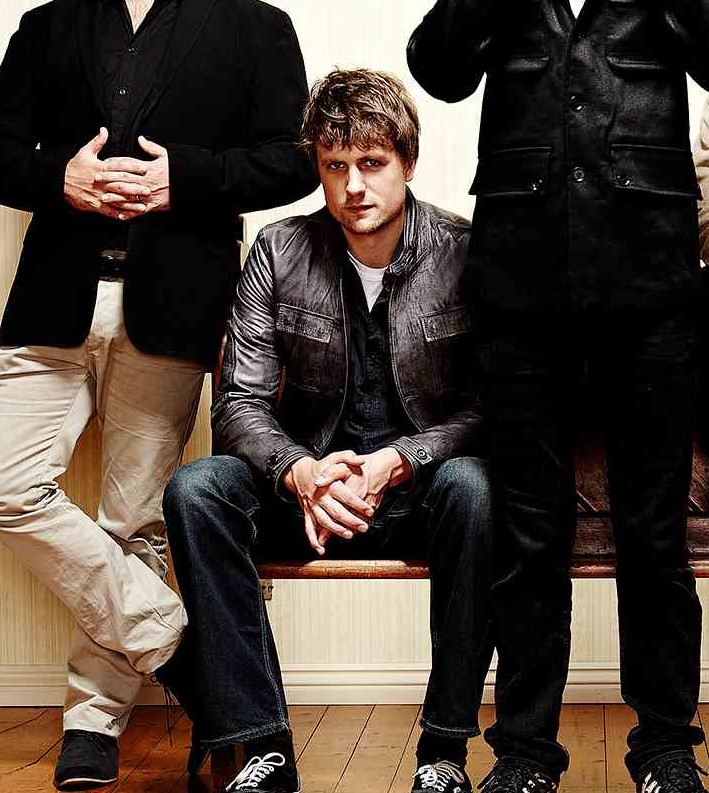As the musical monoculture continues to swallow every genre and subculture in its maw, it can feel exhausting — and increasingly pointless — to try and trace an artist’s precise influences.
However, every now and then, an album will come along that is interesting for how it reinterprets, or fails to reinterpret, a particular microcosm of music history.
Patrick Watson’s Wave, released Oct. 18 via Secret City Records, is one of those albums.
Feist-ian lounge? Grizzly Bear-esque baroque beauty? A Bon Iver one-man choir? Beach House guitar tone? A Dirty Projectors-style flirtation with programmed beats and R&B? Wave has got it all.
Written in response to a year of immense loss for Watson, the album plumbs a certain mid-2000s strain of heart-on-sleeve indie rock, perhaps in an attempt to conjure the era’s particular brand of blood-pumping catharsis.
Wave is an overwhelmingly pretty album, overflowing with twinkling keyboards, rolling strings, processed guitars and romantic melodies.
Watson’s gently wavering voice calls to mind a simultaneous flurry of sad men before him.
It’s an album rich with melody and lush arrangements that never veer towards being baggy or overworked.
It’s also an overwhelmingly tasteful album.
Despite all its aughts influence, Wave lacks the flirtations with danger that made those “classic” indie records so invigorating at the time.
There is nothing uncomfortable or dirty about Wave, as Watson is clearly interested in exploring the softer edges of his particular tapestry of influence.
That isn’t to say the record is quiet — it often swells with deep washes of strings and synths, as on the moving quasi-title track — but it always retains a glowing patina.
The trap-lite drums of “Turn Out The Lights” and the stuttering, electronic “Wild Flower” are perhaps the most experimental moments on the record, though both are tempered by mournful live instrumentation and chest-swelling melodies.
It’s a sign of our current genre-less cultural moment that such songs can exist on an album so indebted to the music of 10 years ago and not stand out like sore thumbs.
With that in mind, it’s hard not to appreciate what Watson has done on Wave.
As it becomes increasingly difficult to do something truly new, sometimes it’s enough to do something well.
Wave is a lovely record that benefits from beautiful orchestration and a clear knack for melody and structure.
Is it particularly exciting? It’s hard to say.
But as the swinging strings of the album closer “Here Comes The River” gently saw upward, you might forget about all the talk of influence and interpretation and simply allow yourself to be taken away.
Want us to review your band? Email arts@themanitoban.com today!





